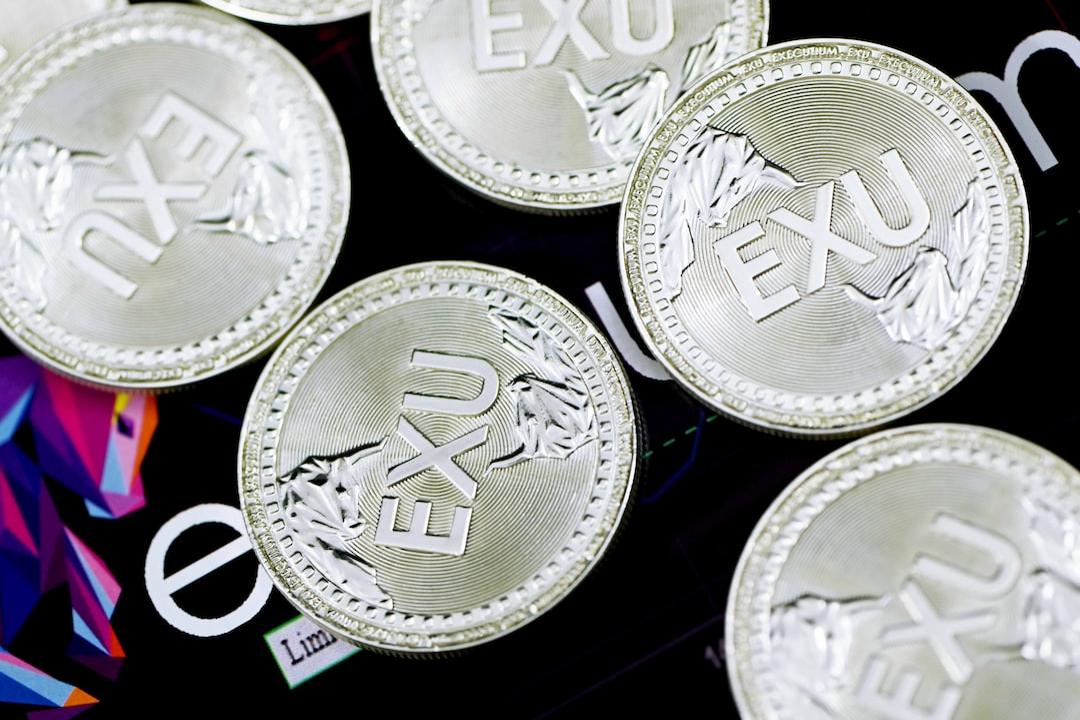
Swedish Officials Uncover Four Types of Illegal Crypto Exchanges
Swedish authorities have identified certain crypto exchanges as “professional money launderers” and are also investigating crypto mining firms for tax evasion. The Swedish Police Authority and Financial Intelligence Unit (FIU) have categorized four profiles of professional money launderers operating in the crypto space, while the Swedish Tax Agency has discovered significant tax discrepancies in the mining sector.
The FIU’s analysis of unlicensed and illegal cryptocurrency providers has led to their classification as professional money launderers (PMLs). These entities are believed to have connections to criminal activities and facilitate systematic money laundering for individuals and criminal networks. The four profiles identified are the node exchange provider, the hawala exchange provider, the asset exchange provider, and the platform exchange provider.
Swedish authorities are emphasizing the need for increased law enforcement presence on crypto trading platforms to combat illegal services. The FIU considers illicit cryptocurrency providers to be an emerging threat in money laundering schemes, as they are crucial for organized crime to maintain and expand their criminal markets. However, the report also acknowledges the role of licensed and legitimate crypto trading platforms in combating money laundering activities. These platforms are urged to remain vigilant, monitoring suspicious trading patterns and taking necessary actions to halt transactions or remove problematic clients.
In addition to targeting illegal exchanges, the Swedish Tax Agency has been investigating crypto mining operations to regulate the cryptocurrency industry. Between 2020 and 2023, the agency examined 21 crypto mining firms and found irregularities in their tax filings. Eighteen of these firms were found to have submitted misleading or incomplete information to avoid paying value-added tax. This approach resulted in tax revenue disappearing from the country due to incorrect payments of input VAT, unpaid output VAT, and unreported crypto assets. As a result, the agency has demanded approximately $90 million in unpaid taxes from these mining firms.
The mining companies have appealed against the tax demand to the administrative court. While most appeals were rejected, two mining firms had their appeals accepted, leading to adjustments in the demanded amounts. These actions by Swedish authorities highlight the increased scrutiny of the cryptocurrency industry and the government’s efforts to ensure compliance with financial regulations and tax laws.
As the crypto market continues to evolve, it is likely that more countries will implement similar measures to combat illegal activities and ensure proper taxation of crypto-related businesses. The Swedish government’s approach demonstrates a nuanced understanding of the cryptocurrency landscape, distinguishing between illegal operators and legitimate businesses. By targeting unlicensed exchanges and tax-evading mining operations, authorities aim to create a more regulated and transparent crypto environment in the country.
As these developments unfold, it will be interesting to see how the cryptocurrency industry in Sweden adapts to increased regulatory pressure and whether other countries will follow suit with similar classification systems and enforcement actions.












